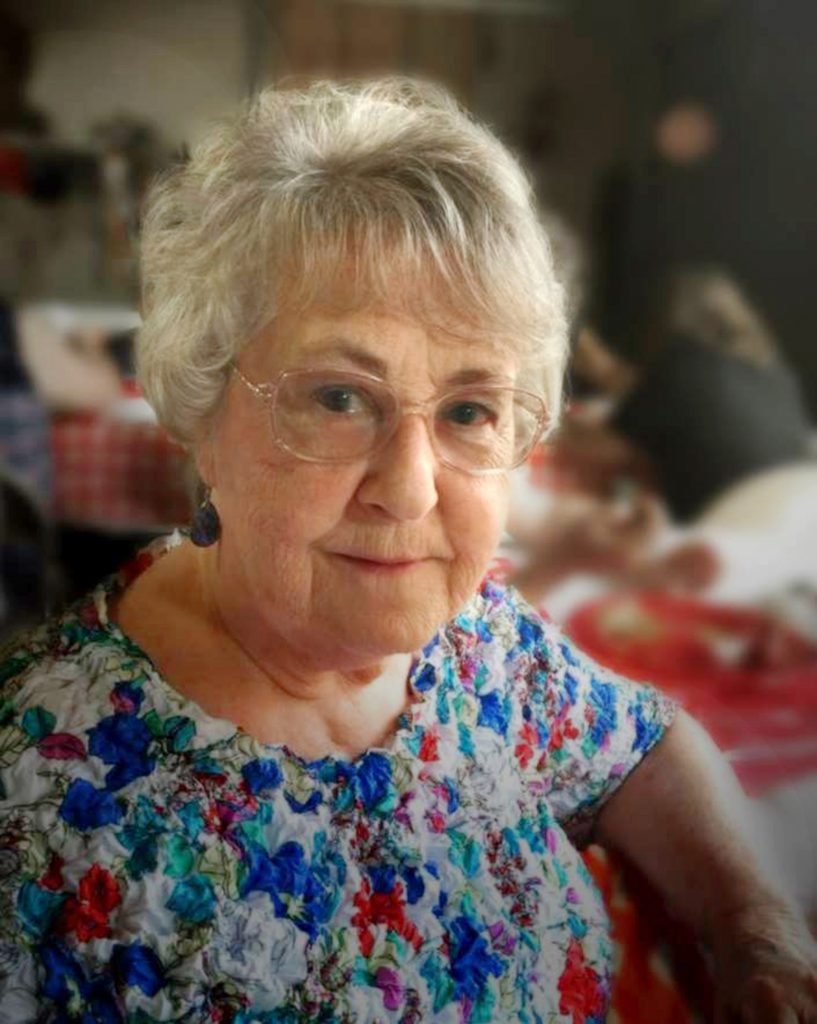Culture
WOAP Announces Winner of the 2018 Appalachian Advocate Award
< < Back toThe Women of Appalachia Project (WOAP), Ohio University Multicultural Center and Women’s Center is pleased to announce the recipient of the 2018 Women of Appalachia Project (WOAP) Appalachian Advocate Award is author and archivist, Phyllis Wilson Moore. The award is given yearly to a women who has dedicated herself to enhancing the wellbeing of Appalachian culture, Appalachian women’s health, Appalachian families and Appalachian land issues.

The award will be presented on April 21, 2018, during the WOAP “Women Speak Gala” performance, a juried presentation of poetry, story and song, showcasing Appalachian spoken word women artists from six states throughout Appalachia, and featuring special musical guests, Carrow, Krause, Martin & Pahl. The Honey for the Heart and Passion Works Puppeteers will also perform throughout the evening. The work of thirty-three WOAP visual fine artists will be on exhibit in the Multicultural Center Art Gallery.
The event is sponsored by the Ohio University Multicultural Center and Women’s Center and will be held in Ohio University’s Baker Center Theater beginning at 6 p.m. Donations for Women’s Health Recovery Housing, an organization located in Southeast Ohio that works to provide a safe and supportive home environment for women who have the earnest desire and willingness to embark on a new way of life, without dependence on drugs and alcohol, will be collected throughout the evening.
Wilson Moore’s connection to Appalachia runs deep. She has spent the past forty years researching, disseminating, and celebrating the multi-cultural literary history of Appalachia, in particular her home state of West Virginia. She has passionately sustained an effort to rectify the image people outside of Appalachia have of the region, to refute the stereotype of the PIWASH, her invented acronym for “poor, illiterate, white, shoeless, hillbillies,” an image that is still too prevalent among those who know little about Appalachia. Moore’s scholarly research spans the work of forgotten writers, much of it out-of-print, to the newest writing done by people in the region. It undergirds her essays, articles, and the many presentations on writers and literary history that she volunteers to do in schools, libraries, and at conferences. She spearheaded the creation of West Virginia’s first official literary map.
Recognizing that her growing collection of hundreds, if not thousands, of books, photos, personal correspondence with writers, and thousands of related files, should be preserved for present and future students and scholars, she and her husband, James H. Moore, have donated her literary collection to the West Virginia Folklife Center at Fairmont State University. It has become an invaluable source of information for scholars, and enhances the Folklife Center’s mission of identifying, preserving, and perpetuating the region’s rich cultural heritage.
A writer herself, Wilson Moore has published in the genres of fiction, literary history, memoir, nonfiction, and poetry. Her poem “On the Eighth Day” was selected as the epigraph for The West Virginia Encyclopedia.
“It is so appropriate that WOAP should provide a venue for recognition of women like Phyllis Wilson Moore, who often go unsung as they go about their work with passion and purpose, knowing what they do is for the good of all,” says Kari Gunter-Seymour, founder/director, WOAP.
Renowned West Virginia children’s book author and poet Marc Harshman says of Wilson Moore, “I can think of few authors in West Virginia who could not recall a personal kindness that Phyllis has extended to them, whether it was simply a pat on the back or a major effort to gain for the author the recognition she felt they deserved. Regardless of historical or cultural background, no author gets overlooked.”

